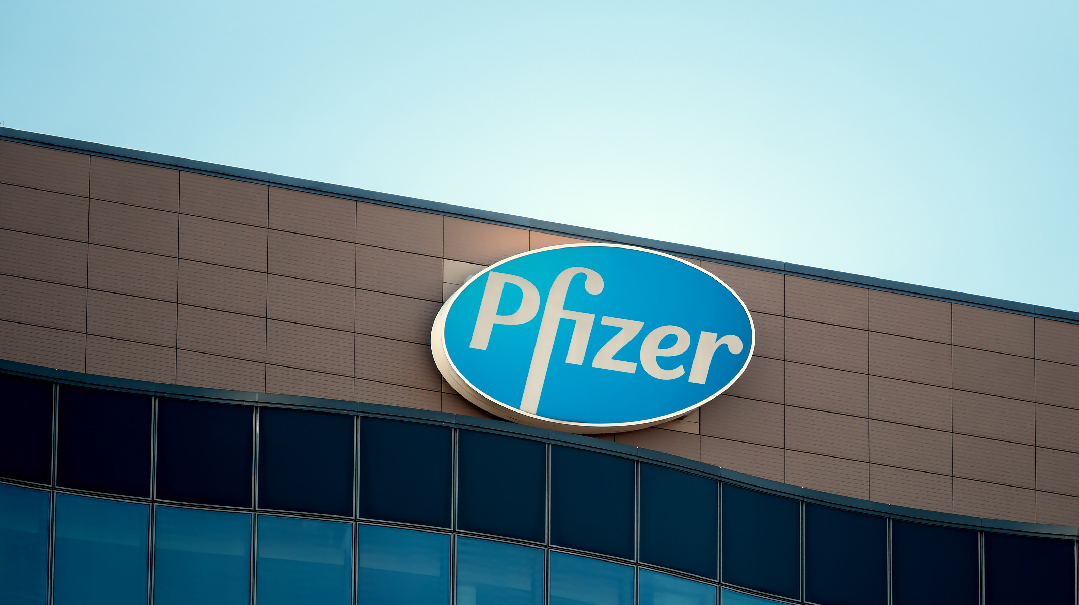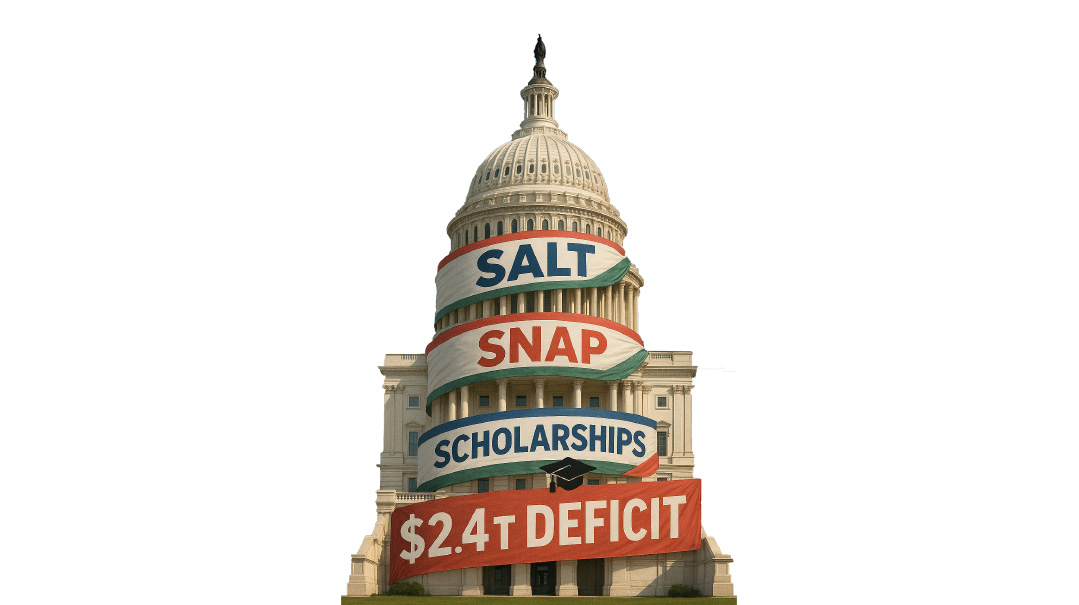The Slightly Embarrassing Saga of Israel vs. Pfizer

What has transformed Israel from an international vaccine success story into a target of derision?

As one digital wag put it when the news broke about Pfizer’s threat to halt vaccine shipments to Israel, this is the “most Jewish thing ever.”
Pfizer was less charitable; executives reportedly labeled Israel a “banana republic.” The company decided to freeze a shipment of 700,000 vaccine doses slated to arrive soon in Israel. The stated reason was that Israel still had not paid for the vaccines, or for another 1.4 million doses. The company sent a message that if the money wasn’t transferred this week, the vaccines would be sent to another country and Israel would be removed from the waiting list. As a Pfizer representative bluntly put it to officials in Israel’s Health Ministry, “We’re not philanthropists.”
So what exactly has gone on, to transform Israel from an international vaccine success story into a target of derision?
The answer, as with most things that go wrong in the country nowadays, is politics. Israel has already vaccinated five million citizens with two doses of the Pfizer vaccine, but is planning to vaccinate children, and also wants to stock up on the vaccine for the future. With this in mind, the government wants to purchase an additional 30 million vaccines.
Behind the scenes, there are major disagreements about the deal (which includes other companies beside Pfizer) and the NIS 3.5 billion needed to pay for it. The decision is being held up by dissatisfied officials in the Finance Ministry who see the deal as wasteful and problematic. In addition, it’s being argued that there’s no need to approve such a massive vaccine budget — instead the Pfizer deal can be paid for through already existing budget categories.
The mishap with Pfizer, which has supplied Israel with all its vaccines until now, has threatened to sabotage another vaccine deal taking shape with Moderna. If Israel doesn’t pay up in advance, the company warned, it won’t see a single vaccine dose.
If the deal with Pfizer falls through, Israel could face shortages down the road.
Health Ministry director Hezi Levi assured Mishpacha that Israel isn’t facing a vaccine shortage. “We’re talking about 2.8 million vaccines, which are part of a new deal that has yet to be finalized and paid for. These vaccines are supposed to go to adults who haven’t vaccinated yet (about a million people) as well as children aged 12 to 15, who were supposed to get the vaccine as well in the coming weeks. Of those 2.8 million, 2.1 million have already been shipped to Israel, while the last 700,000 have yet to be sent. These vaccines are in addition to 10 million doses of the Pfizer vaccine long since fully paid for.”
According to one source, Israel currently has two million doses of the Pfizer vaccine on hand, as well as millions more of the Moderna vaccine. So there’s not really a fear of acute shortages in the near future. Despite that, it’s clear that there are also more longer-term considerations, including the fear that Europe will impose a vaccine embargo and make it much harder to obtain vaccines in the future.
In other news, Pfizer CEO Albert Bourla, whom Bibi courted aggressively to make Israel a vaccine world leader, reportedly turned down the offer to light a torch at this week’s Independence Day celebrations. Those with fertile imaginations detect a link between the two events.
—Eliezer Shulman
Trouble in Tunisia
A series of recent attacks on Tunisia’s small but ancient Jewish community have set nerves on edge. One evening last week in the Jewish Quarter of Djerba, home to about a thousand members of the community, two locals riding a motorcycle tried to abduct an 18-year-old Jewish girl.
Young men leaving shul answered her calls for help, and the attackers were apprehended by local police. But a few days before, a ten-year-old boy was beaten on his way home after leaving the local talmud Torah.
During Pesach, a few Jewish stores were vandalized and goods were stolen. A local Jewish storeowner said, “This is something new. We’ve always lived quietly and in peace with our Muslim neighbors. I hope this will pass soon.”
Other residents spoke of looking into the option of aliyah, and blamed the hostile anti-Jewish atmosphere fostered by Kaid Saied, the strongly anti-Israeli president who took over in 2019.
Trumpworld Ticker
Months after his one-term presidency ended in defeat and controversy over the Capitol riots, Donald Trump is firmly back in the Republican Party’s driving seat. So while Biden governs, it pays to watch what’s happening in Trumpworld.
Mar-a-Lago is the new court
Golfing and entertaining political allies and supplicants, Trump has turned his Florida resort into the center of political gravity in the party. “Palm Beach is the new political power center, and President Trump is the Republican Party’s best messenger,” said Trump advisor Jason Miller at an event last week for Republican donors.
Pence is down
At said event, former vice president Mike Pence, a reported 2024 hopeful, was reminded just how dearly crossing Trump by refusing to decertify the election results in January will cost him. But Pence can comfort himself that at least the president only expressed “disappointment” in him, saving his real bile for Senate Minority Leader Mitch McConnell.
DeSantis is up
Meanwhile, Florida governor Ron DeSantis, whose hands-off approach to COVID regulations in his state seems to have paid off, is receiving favorable marks in Trumpworld, and even from those across the political aisle.
“If a post-Trump GOP looks like Ron DeSantis, who has a populist edge yet is unquestionably serious about governing, it will have landed in a favorable place,” per conservative pundit Rich Lowry.
$10,000
Will students receive a $10,000 debt reprieve under the Biden administration? One of the issues that most bothers the younger generation in America is student loans. College tuition is very expensive, and students fund it by taking out large loans, which take many years to repay. The socialist wing of the Democratic Party wants to write off $50,000 per student in federal debt, but Biden has made it clear that he does not support such a costly move.
But now, proposals for more modest debt relief are being considered. And while Biden has not yet agreed to the move, the Student Loan Hero website has some data on how far this will go. The site calculates that a write-off of $10,000 will leave only about a third of the students — 12.8 million people — debt-free. The cost of this move will be $315 billion. But the vast majority of students owe much larger sums. So is a $10,000 reprieve a lifeline, or a giant freebie that won’t substantially change the student debt situation? There is no doubt that public debate on it will intensify during Biden’s presidency.
—Omri Nahmias
(Originally featured in Mishpacha, Issue 856)
Oops! We could not locate your form.












